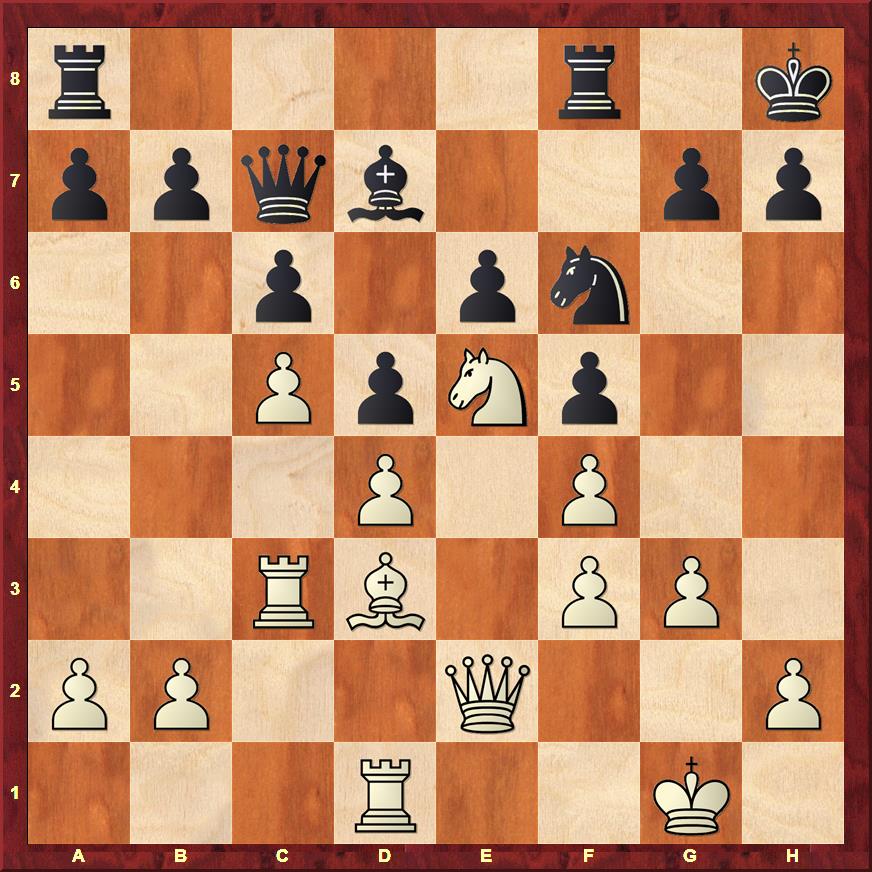The philosophical side of chess: Leave the comfort zone!
Chess teaches you a lot of things in life. All that you have to do is look beyond the surface. In this short article author Sagar Shah takes a famous position from the game between Pillsbury and Showalter from 1896 and explains the important concept of "Leaving the comfort zone"! Have a look at the amazing and deep decision made by Harry Pillsbury, who was one of the best American players in late 1800s.
Leave the comfort zone!

Sitting pretty and strong was the knight on e5,
Thought I, White just couldn’t lose until the knight was alive,
Every piece would love to find its own nice heaven,
But that just didn’t exist for the poor bishop on d7!
Pillsbury with white who had a position that was so nice,
Did something next, I just couldn’t believe my eyes!
He simply threw all the positional principles into the trash,
And snapped off the Bishop on d7 with his knight in a flash!
How can a great master like Pillsbury have done what he had,
How on earth could he have exchanged a hero for a piece so bad!
I sat down coolly and for a while I thought,
I started to understand things which superficially one cannot!
Though the Knight was sitting on the best square that one can find,
Wasn’t it true that it was blocking the entire white army behind?!
While for the Bishop on d7 there was absolutely nothing right,
Didn’t it just defend the weakness on e6 with all his might?!
With those two pieces no longer there,
The weakness on e6 now began to glare!
Some wise man had rightly roared,
Its not what comes off but what matters is what remains on the board!
And So I say,
Things that you prize the most must be given up some day,
The clouds will have to make way for the sun’s ray,
To become stronger you will have to experience the pain that will make you moan
And for that you will have to come out of your comfort zone!
For in life if your hands are always full with the things you like,
Then by this thought you will be haunted,
That there was never enough space for the new things that you always wanted!
- © Sagar Shah
(Inspired by the game Pillsbury-Showalter 1896)

